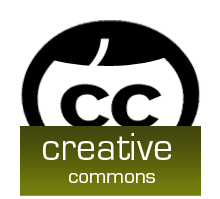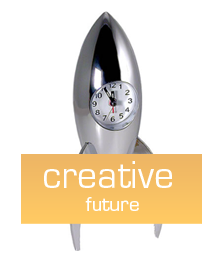 |
 |
 |
 |
 |
 |
 |
 |
 |
 About Creative ZEN:
About Creative ZEN:The Creative ZEN (formerly known as Creative NOMAD Jukebox Zen) is a range of digital audio players (DAPs) and portable media players (PMPs) made by Creative Technology. The players evolved from the now-defunct NOMAD brand through the NOMAD Jukebox series. Three of its players won the Best of CES award from 2004 to 2006 in their respective categories, with one winning the overall award. The ZEN series has a strong foothold in Asian markets, especially in Singapore, the company's headquarters.
All players are compatible with MP3 and WMA, while various models support WAV and Audible files. They are bundled with device drivers and Creative MediaSource, a media player that includes transferring and syncing abilities exclusively for the players. Some models are PlaysForSure-certified for being compatible with Windows Media Player via Media Transfer Protocol (MTP) and supporting the Janus DRM. They are natively compatible with Windows, while the current players exclusively support Windows XP and Vista.
Current players:
ZEN X-Fi Style
The release of the ZEN X-Fi Style series was announced on April 8, 2010. It was created as a more affordable version of the X-Fi2, with removed Wi-Fi capability and touchscreen. The X-Fi Style comes in capacities of 8, 16, and 32GB. The player features a 2.4-inch display, video out, X-Fi technology, a built-in speaker, FM radio, alarm clock, calendar and voice recorder. The battery life is rated at 25 hours for music and 5 hours for video. However, the expansion slot was removed in the X-Fi Style series.
...
see more >>

